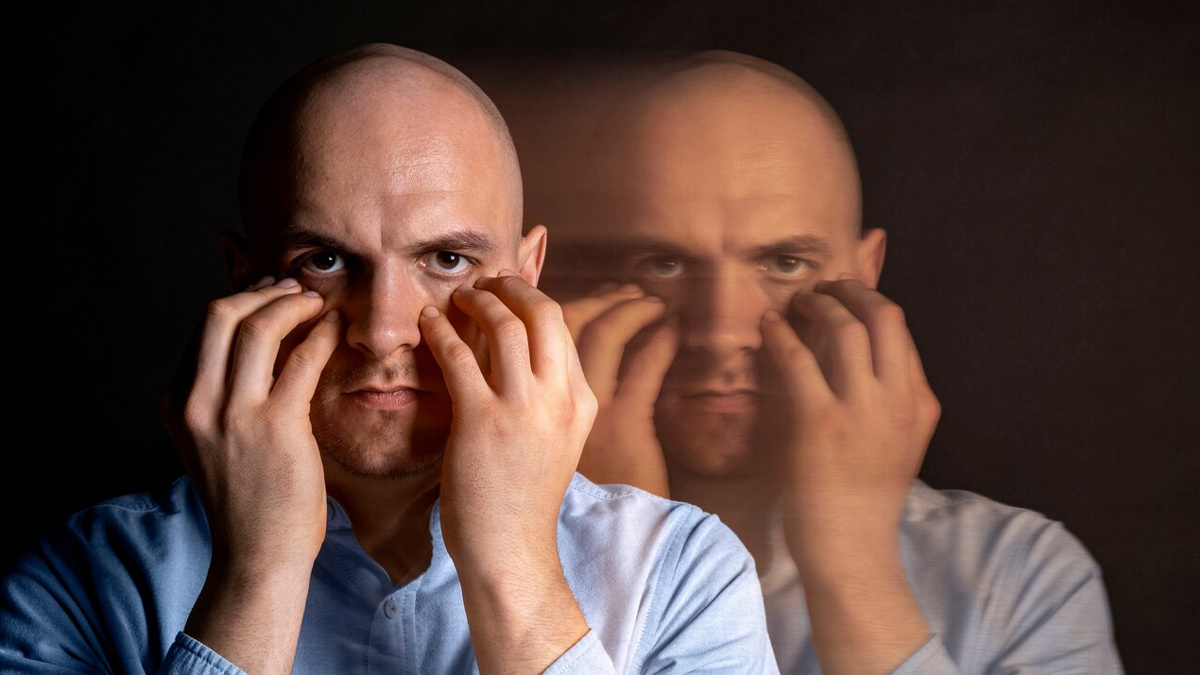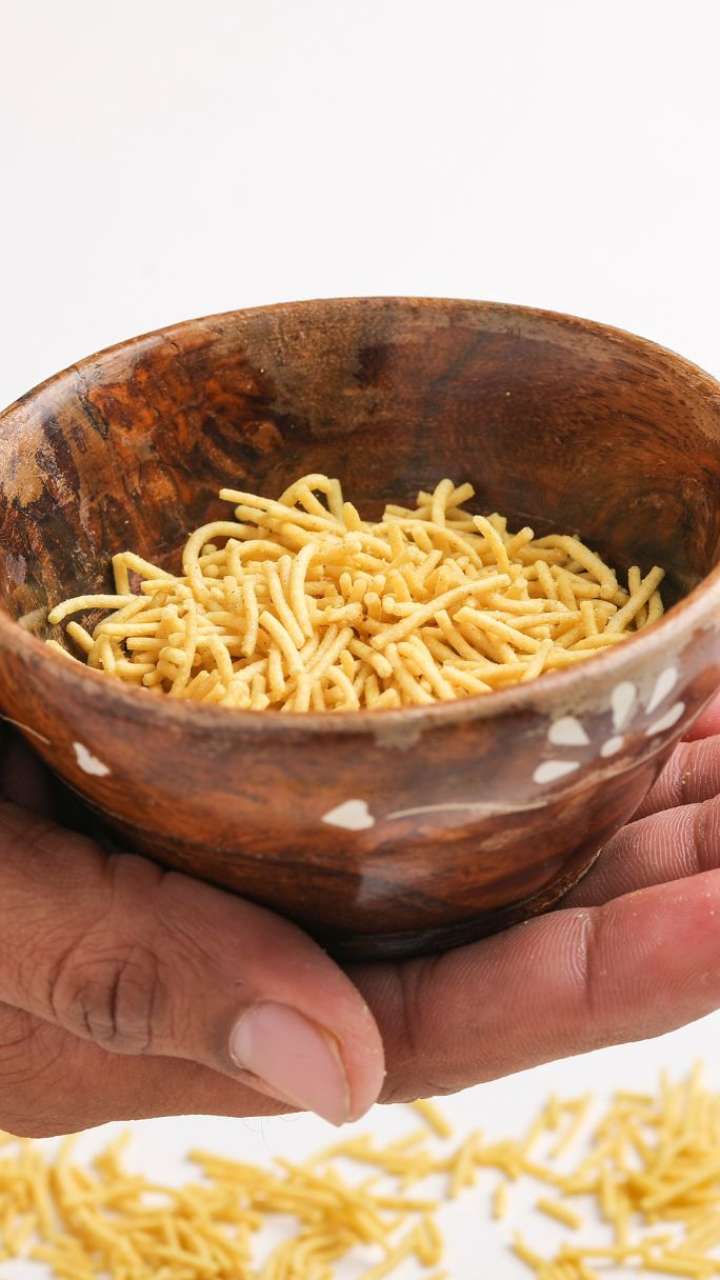Gerascophobia or Fear of Ageing: What it is, Triggers and Important Deets
“Gerascophobia” is the term used to describe a condition known as fear of ageing. The fear of ageing has a strong hold on any person’s mind, but for some people, it controls their way of living. A study published by the National Library of Medicine details a severe case of age phobia in a fourteen-year-old boy who resorted to extreme measures to conceal and halt his ageing. It's something to think about—young people are getting concerned about ageing, and we need to understand why that's happening.
While fearing ageing is common, it doesn't always become gerascophobia. Understanding this progression requires exploring psychological, social, and individual factors. Simply noting the fear is insufficient; we must examine the specific triggers and beliefs that turn a general concern into a phobia. This article explores gerascophobia, an uncommon fear of ageing, detailing its causes, mental health effects on individuals and those around them, symptoms, triggers, and when professional help is necessary.
Gerascophobia is known as an abnormal and persistent fear of ageing or growing old. People who suffer from this condition have anxiety or panic attacks about ageing, even when they are physically fit. It is all in their mind, whose reaction can be seen through their body language.
Concerns about appearance and the future are common fears. People worry about how they will look as they age, the possibility of needing nursing care, and their reduced physical capabilities compared to their younger years. This is often coupled with anxiety about age-related diseases. The increasing popularity of cosmetic surgeries can increase these concerns. Interestingly, younger individuals also experience this phobia, becoming overly conscious of the ageing process.
Gerascophobia can stem from various factors, including past interpersonal experiences, traumatic events, the loss of loved ones, leading to heightened mortality awareness, and a desire to maintain youthfulness or the present state. Genetic tendency may also contribute to the development of this fear. Social media also acts as a catalyst in the development of this fear. We are presented with picture-perfect images and people who are ageing, but just in numbers and not with their bodies.
Research undertaken and documented by the National Library of Medicine provides significant insights into the psychological measurement and confirmation of the fear of ageing. These studies contribute significantly to a deeper understanding of this prevalent human experience.

As we have discussed above, gerascophobia leads to people withdrawing from society and leading to isolation, and hence, these people are the ones who fall into depression. They believe everyone is against them and no one understands them. Their age concern also leads to anxiety and panic attacks. People are their constant reminder of growth, and they tend to avoid them at all.
Life is all about growing up and getting those experiences. But when someone refuses to grow up, how can they live a fulfilling and emotionally rich life? These people who fear age miss out most on life and their loved ones. All their time goes on either worrying about their age or how to reverse or stop it. They do not live their life but merely pass through them.
Growing up makes you mature, but with the people who fear age, it works oppositely. It makes them bitter and rude both towards life and the people around them. They not only miss out on life but also people and relationships as well. They maintain social distance as a protective isolation.
A person suffering from Gerascophobia can experience symptoms that impact their daily lives. A case study published in The International Journal of Indian Psychology explored gerascophobia, comparing ageing anxiety levels and causes in young and middle-aged adults. The research offers practical insights into gerascophobia.
Here’s how to recognise these symptoms.
Spotting these signs in family, friends, or yourself? It's time to get professional help ASAP.
It's tough getting older when youth culture is so dominant, and jokes about ageing make the fear of becoming irrelevant after a certain age makes it even worse.
Personal Experiences or Traumatic Events
Seeing a parent or grandparent pass away, or watching them struggle with getting older and losing their ability to do things on their own, can ramp up someone's anxiety about ageing.
Psychological Factor
Ageing can get to perfectionists. They might start feeling down on themselves and even question their whole purpose when they realise they can't be flawless anymore.
Life Transformation
Gerascophobia is often triggered by major life transitions occurring around the 30s, 40s, and 50s, leading to fears of loneliness, being ignored, and becoming a burden.
Everyone gets older, it's just a fact of life, and yeah, it can be a little scary. We all want to stay feeling good for as long as possible, but let's be real, you can't stop ageing at its core. It's better to just accept it as part of the deal and try to make the most of it, you know? Grow and find some peace with it all.












